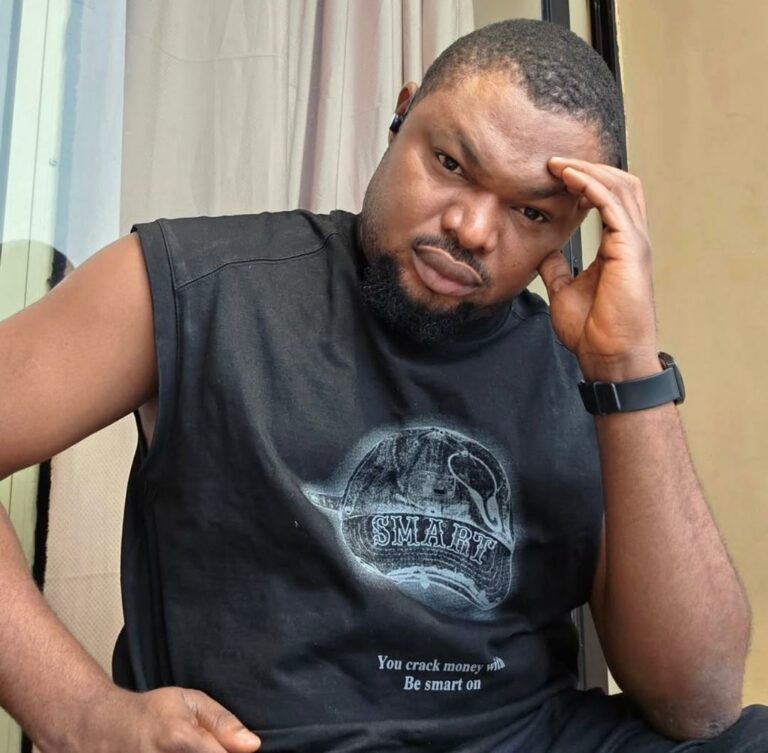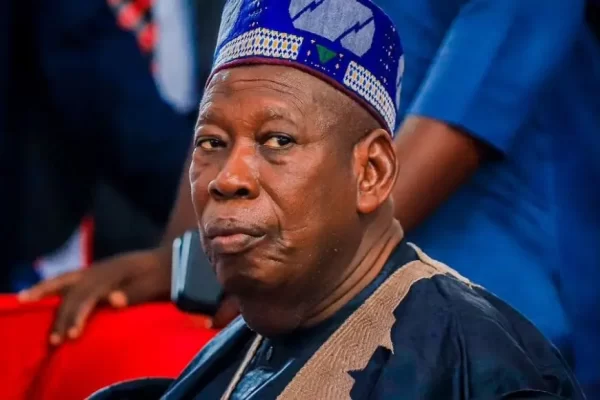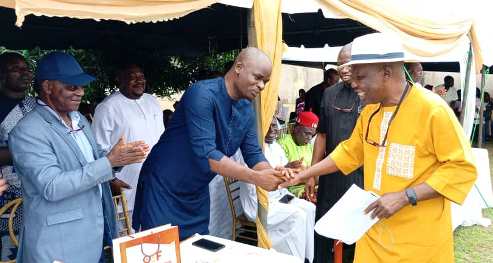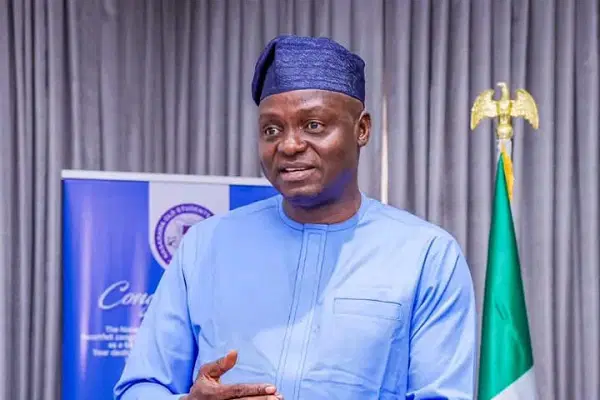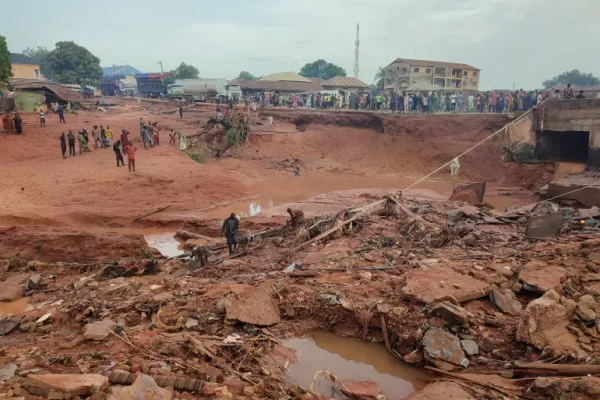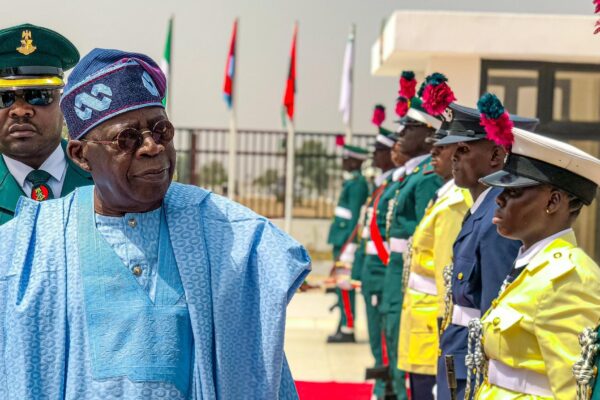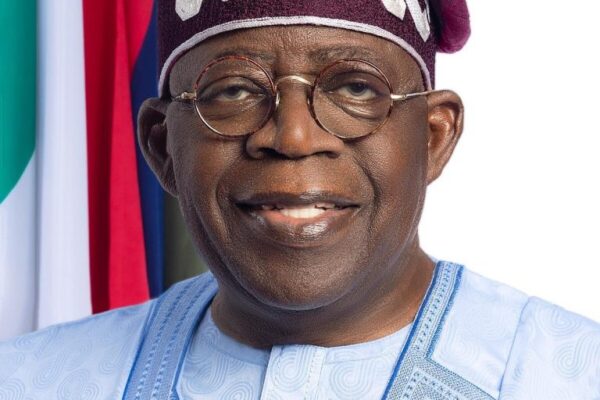
Tinubu’s Renewed Hope’ Now a Nightmare for Nigerians – Afenifere Faction Blasts President’s Two-Year Record
A faction of the pan-Yoruba socio-political group, Afenifere, has delivered a damning mid-term report on President Bola Ahmed Tinubu’s administration, declaring that the much-touted “Renewed Hope” agenda has turned into a nightmare for Nigerians over the past two years. In the report released yesterday by its Leader, Oba Oladipo Olaitan, and National Publicity Secretary, Justice Faloye, the group accused Tinubu’s government of running on “massive propaganda” while the country grapples with deepening poverty, rising debt, and a collapsing economy. Afenifere said Tinubu’s administration has presided over a “titanic crash” in domestic production, an “astronomical rise” in public debt, and a “horrific increase” in poverty levels, blaming the government’s policies for worsening the living conditions of millions of Nigerians. “It has been a harrowing experience living through the pain and anguish of the last two years, inflicted on the nation by the administration of President Bola Tinubu,” the group said. They further accused the government of profligacy and wasteful spending, highlighting that instead of cutting costs by implementing the Oronsaye Report as promised, Tinubu has expanded government spending to favour cronies and allies. “The government’s first supplementary budget and subsequent budgets were spent not only on preserving but increasing the luxurious lifestyle of those in government – new presidential jets, Cadillac limousines, N160 million cars for each federal legislator, and scandalous increases in unaccounted constituency projects worth billions to each legislator,” the report stated. The group also criticized Tinubu for centralizing power, undermining federalism, and steering Nigeria towards a one-party state. “Tinubu is destructuring, not restructuring, the military-imposed constitution,” Afenifere said, adding that the President has shown “increasingly centralizing tendencies to further weaken the federalist elements in the constitution by attacking federating units with the takeover of their administrative units, known as local governments.” Afenifere warned that democratic institutions are being eroded under Tinubu’s leadership, citing the neutralization of the legislature and judiciary, intolerance for protests, suppression of civic groups, and alleged infiltration of opposition parties. The group concluded by urging Tinubu to reflect and change course “for the love of Nigeria and Nigerians,” stressing that no amount of propaganda will erase the reality of hunger and poverty in the land. “Rather than focusing on service delivery, the Tinubu administration is focusing on winning the 2027 election regardless of the voters,” the group said.

